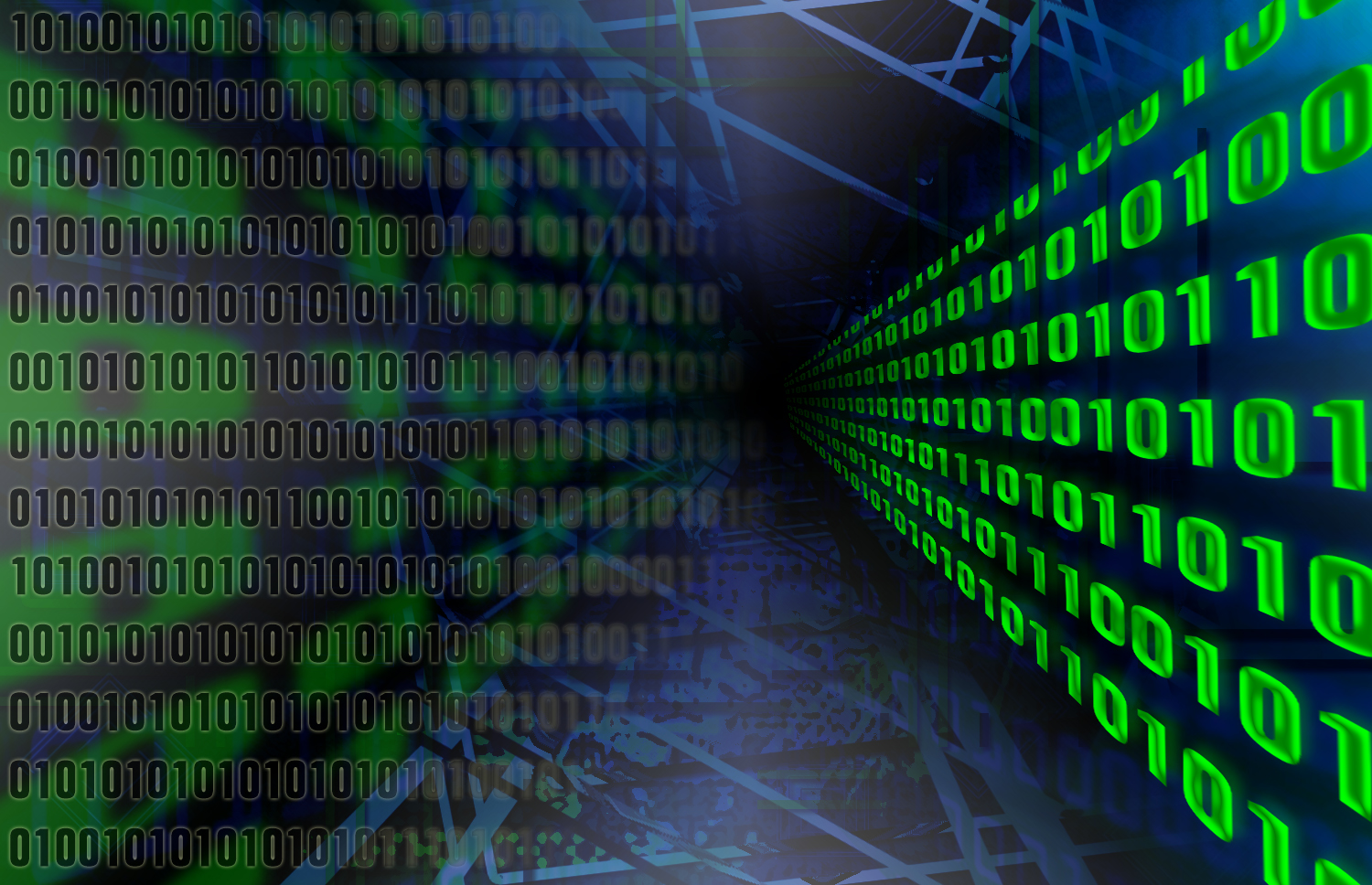Why Big Data will fundamentally change human connections
About the author: Sean just graduated from the University of Sheffield, with a degree in International Relations and Politics. He is interested in communications and technology, and is currently pursuing a career in PR.
It might be a little ambitious for me to start by telling you what the meaning of life is. In fact, if I really did have a definitive answer to the biggest mystery of all, I’d probably be negotiating a very expensive book deal and planning out my retirement at age 21! But I don’t think you’ll disagree with me on this: The meaning of life, regardless of your own precise definition, is ultimately about connecting with people. After all, every aspect of human experience relies on human interaction. Your beliefs and your personality are in many respects formed by your connections with others.
Connections underlie everything we do. Our economy, our political system, and our society would cease to exist without them. In PR, we help people form connections in a fast, complex, and uncertain world. We can see how important it is bringing someone’s voice to an attentive audience, and the potential of every connection that can come about as a result.
But building connections requires knowledge useful link. And it is knowledge that is about to change. The way we gather information on who is out there, where they are, and how to connect with them is about to be transformed by Big Data.
Big Data and what the future looks like
Imagine you are having an online conversation with someone. You’re chatting back and forth about your plans for the evening and a pop up appears, with the words:
“This person is about to betray you.”
It sounds like something you’d hear in a dystopian novel, or a horror movie. Not in real life. But the thing is: this technology already exists!
Researchers from Cornell, the University of Maryland, and the University of Colorado ran an analysis of online conversations from people playing the game Diplomacy – based on the infamous board game notorious for players backstabbing each other. What they found was that by analysing the linguistic properties patterns instead of what people are saying, they could predict with a reasonable degree of accuracy who is going to backstab whom.
If we apply that concept to our social media accounts, our emails, our Google searches, and the ability to predict emotions and behaviours by reading what you say, then the equally exciting and terrifying power of data analysis becomes clear.
“Big Data” is essentially a description of how the scale of data available and our ability to analyse it is going to increase over the next few decades. Think about all the data that exists in the world. Every single website, tweet, text, app. Every single word that has been written by every single person on a digital medium. Then multiply that by 7. That’s where we will be in just 5 years time.
If you’re at home, look at every single electronic household appliance you own. Now imagine them all connected to the internet, tracking your habits to provide a personalised experience, and using the data to serve relevant ads. That’s where we will be in the near future.
So what does this mean for PR and the marketing industry?
The range of useful applications that this development in computer science will have for PR and the marketing industry is still impossible to predict while the technology is still in its infancy. But the potential for data analysis to help agencies identify potential connections, find keywords that resonate with particular audiences, and quantify results is very exciting.
Big Data has received a lot of scepticism over its hype. And it is right to point out that you should avoid jumping on a bandwagon without being clear about how these tools can work to achieve your goals. But while it shouldn’t be overhyped, its impact and implications for human beings also shouldn’t be understated.
Last year, the Samaritans launched and then took down an app designed to scan your friends’ Twitter feeds and alert you if a textual analysis suggests that they may be suicidal. The reason it was taken down? Fear that the tool would make these people targets for abuse, rather than help.
Changes in technology can provide us with an enormous amount of power to form connections. However, technology cannot distinguish between ethical and unethical applications of this power – that, in the end, is up to us.
As Big Data develops and we begin to learn more about what it looks like, thinking about how to use this technology effectively, appropriately, and ethically should be at the forefront of our minds.

